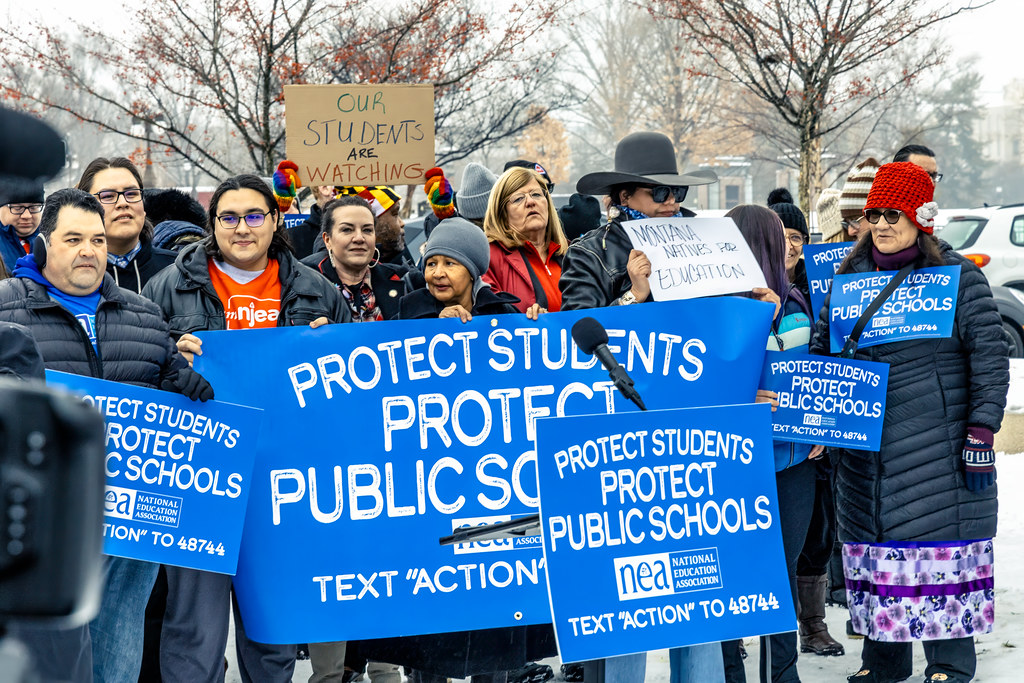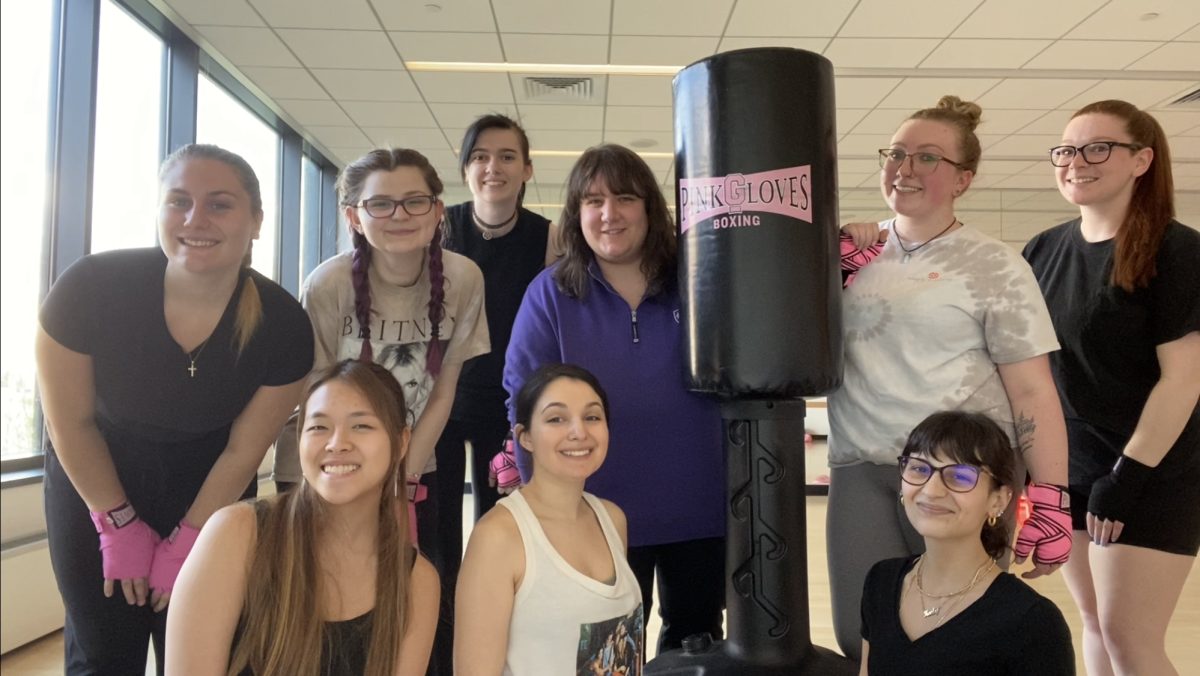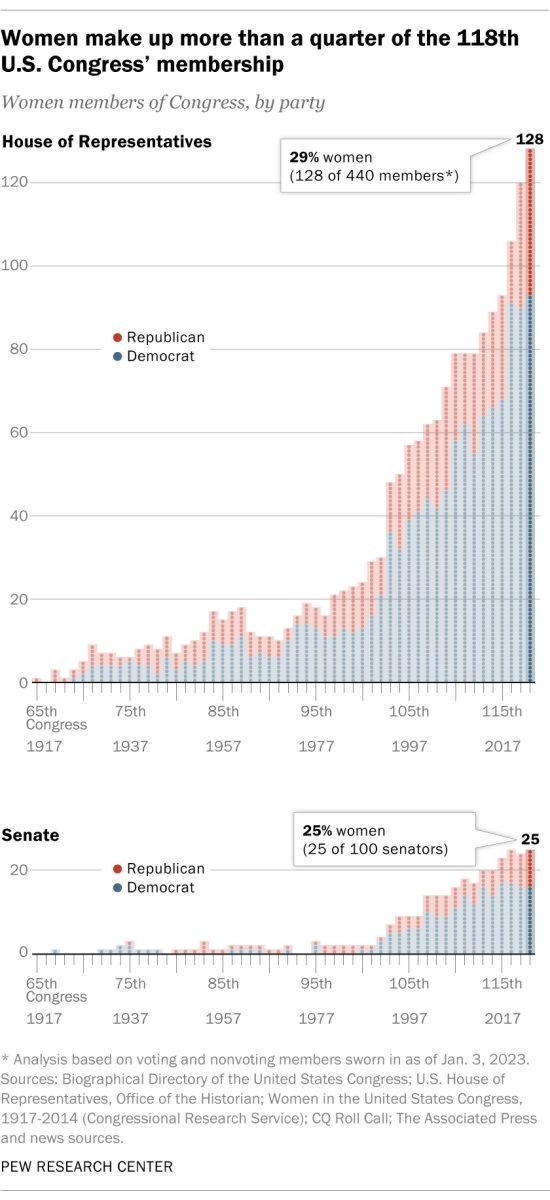Everybody loves free speech… Until somebody says something they don’t like.
The solution to this is obvious, however: Simply use your own right to free speech to speak even louder and drown out the offender. Right?
Right. A “solution” which solves nothing. It only creates more problems.
Rights are good and all, but they don’t, in and of themselves, create a perfect world, or even a good one. Free speech rights are no different. They are necessary, but not sufficient, for a flourishing society.
We live in a society where everyone is so dead-set on being right that few stop to consider the consequences of their actions, or what consequences they want their actions to have.
Recently, I took the lead on a feature article published in the Wormtown Herald about a speaker brought to campus by a history professor and about protests against that speaker held by Worcester State students and outside visitors.
I interviewed at least ten individuals for the feature story — students, professors, an alum… and asked each and every one of them what their motivations were in attending the event. Only one professor said she was there to listen. Almost all of them brought up free speech. Some said they were proud of the protestors and disruptors for using their First Amendment rights to stand up against injustice, while others were disappointed and ashamed that they would take away the speaker’s rights, itself an injustice.
But in this instance, I don’t think it matters who was in the right and who was in the wrong, because the outcome was the same: Everyone ended the day a bit angrier, but no minds were changed. Despite the countless individuals I interviewed, each one making some compelling points, it was a student casually passing by after the commotion was over who made the most sense of that day: While bragging about his diverse friend group and how he “doesn’t take sides,” the student asked the question, “What did they think was going to happen?”
Indeed.
It was pointless to bring the speaker to campus. He preached to a room full of individuals who were already convinced that they were right; half in support of him and half against him. He must have known he wasn’t going to convince anybody, but I doubt he cared. He was preoccupied with being right.
The protestors’ actions were similarly pointless. Some protested peacefully outside, while others went into the auditorium where the speaker was speaking and disrupted the event. If the speaker knew that he was right, and their fellow protesters knew that they were right, and the portion of the audience who thought the speaker was right also already knew that they were right, what were the disruptors ever going to accomplish? They must have known they weren’t going to convince anyone, but I doubt they cared. They, too, were preoccupied with being right.
And on the off-chance that the commotion outside attracted a few curious individuals who hadn’t already made up their minds on the Israel-Palestine conflict, what are the chances they had a meaningful conversation with a protestor and were convinced? Ah, yes. A small island of pavement, surrounded by people chanting and shouting — very conducive to civil discourse.
If you really care about free speech, or if you’re passionate about any controversial issue at all, for that matter, rather than screaming at a wall or preaching into an echo chamber, work on creating environments; on building a culture in which civil discourse, truth-seeking, and genuine listening can thrive.
Because outside of an environment which encourages, and a culture that values, these things, your voice — your freedom of expression — means nothing.
—
Members of the campus community may send opinions to The Wormtown Herald at [email protected]. Opinions run no longer than 800 words. The Wormtown Herald cannot publish all submissions it receives, and opinions will not run anonymously.

























